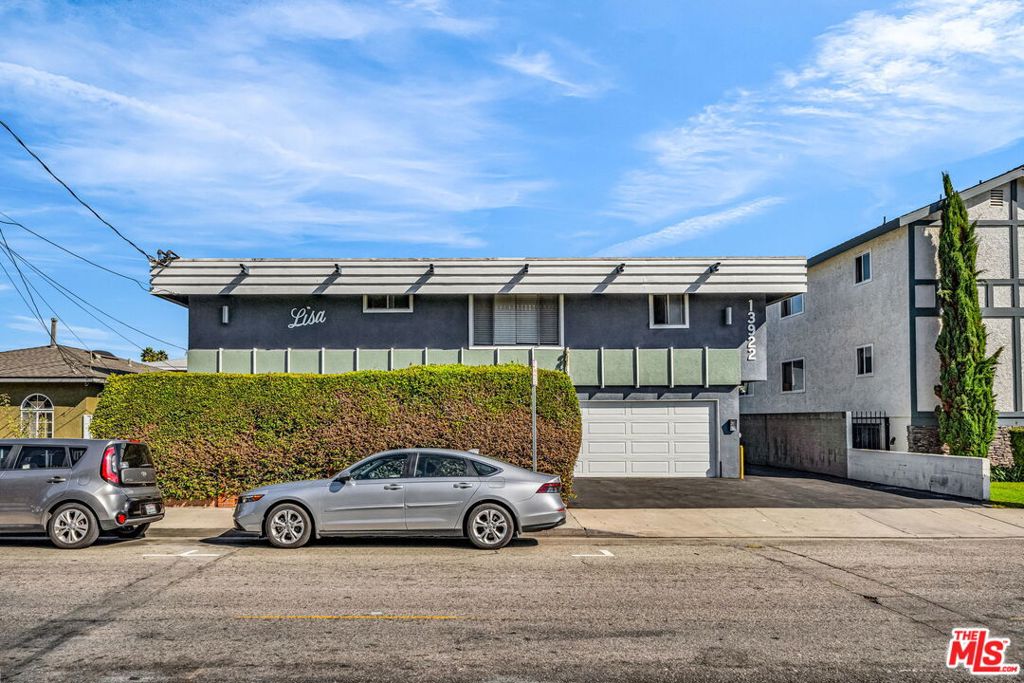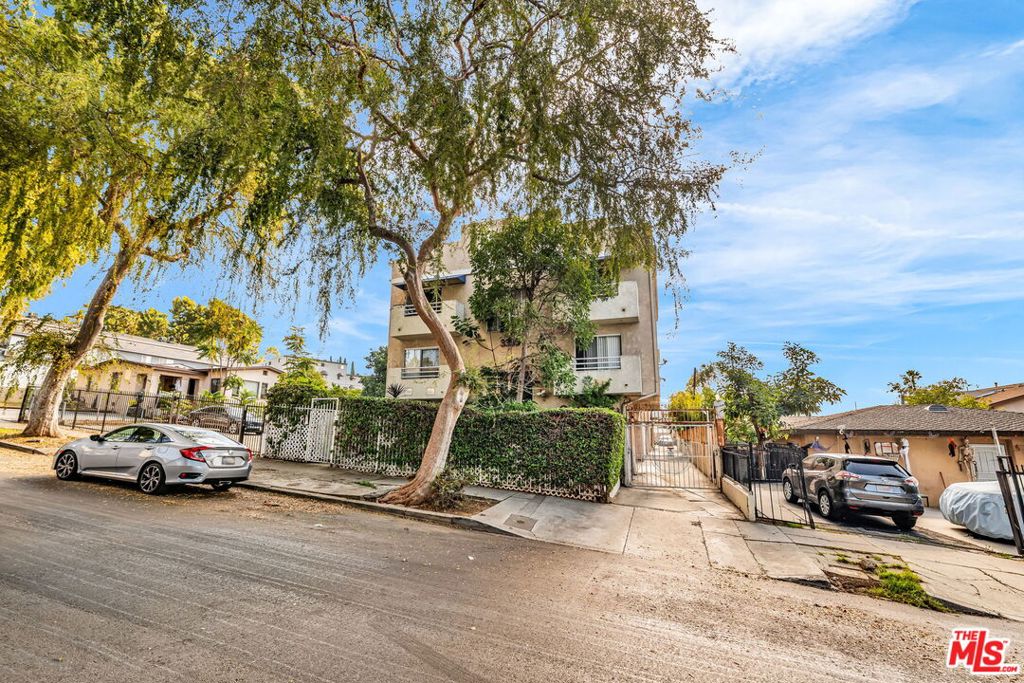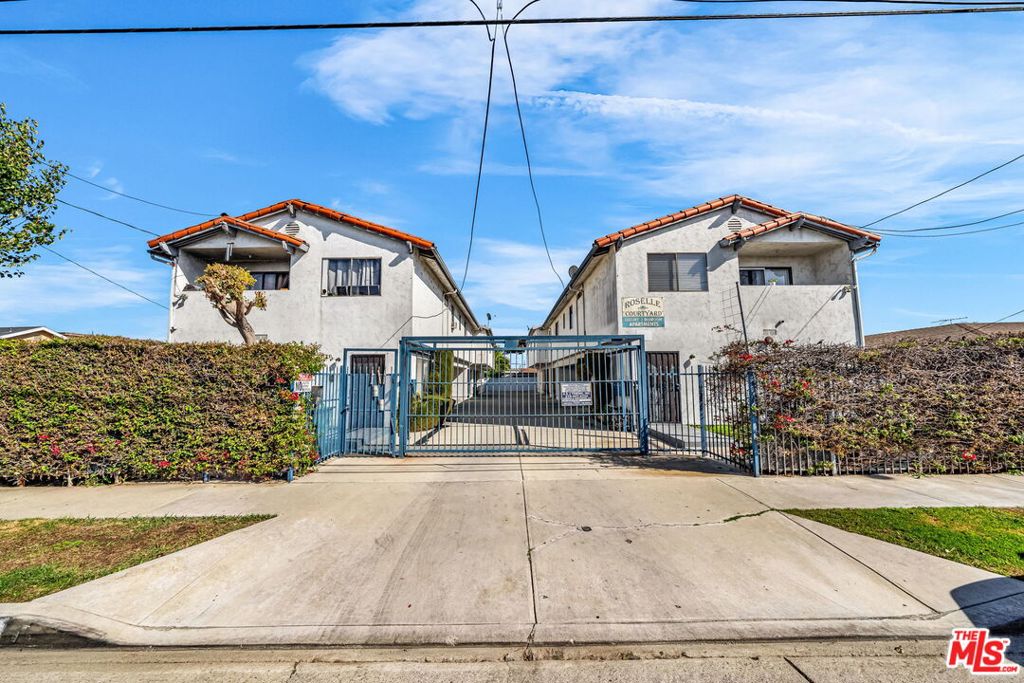Okay. You’ve just found out your relative has passed on and you are the trustee of their trust. Or perhaps there’s no trust. It’s often a difficult time, but if the deceased has a home that is not in a trust, the property must go through probate to be transferred or sold, which we will discuss below. The property at that point is called probate property. Meanwhile, you’re not even sure what a house in probate is, and maybe, just maybe, you need the money from the sale! If you need the money from the sale right away, you might be in too much of a hurry and make some mistakes. Don’t rush it.
Selling a Home in Probate Can be Tricky
You’ve probably bought and sold houses over the years as you’ve changed jobs, for instance, but a probate sale is not the same. Layers of laws protect all the parties surrounding a normal residential deal in California, but the sale of a home in probate in this state is even more complicated—and therefore more open to mistakes. Here are four you won’t want to make.
Mistake #1: Thinking you can sell because you’re listed as an executor
Because you’re on record as the executor in a will does not mean you can try to sell a piece of probate property like you would your own home.
You cannot lawfully take any action with the house or any portion of the estate until you get formally appointed by the judge to oversee the estate.
If an executor has not been listed in the will, the court will typically appoint the next of kin to handle the proceedings.
How to Avoid Mistake #1: Make sure of your status, and file your probate case with the court as soon as you can.
An attorney can help you collect the required documentation, such as the death certificate, original will, and a lot more. The list of the current California probate forms (there are 38!) can be found here. And while you won’t necessarily need all of them, you will see how necessary it is to have help in this endeavor.
Getting the petition in as quickly is crucial. You might be delayed weeks or months get a court date while the costs related to the house, i.e., the mortgage, property taxes, insurance, utilities, and maybe the gardening or pool maintenance, continue to accrue.
If the paperwork has been filed correctly, the court will use Letters of Administration/Testamentary appointing you as the representative of the estate with authority to act as a personal representative (executor or administrator).
Mistake #2: Trying to do it yourself OR hiring inexperienced professionals.
We get this question all the time: “Can I sell a house in probate?” In probate, you are better off selling a home with input from a real estate agent who’s knowledgeable in California probate sale of real property. It’s also best to engage an experienced probate attorney.
The attorney and real estate agent must have expertise in probate,
A probate attorney collects the papers you need for court, prepares and files the probate petition, and communicates on your behalf to the judge presiding over the estate. The attorney will also assist in collecting any money associated with the estate, solve or engage resources to resolve income tax issues and be a trusted and knowledgeable consultant during this process.
The real estate agent will guide you through the details of the property selling process, including special contracts and documentation specific to the Southern California area. A quality probate realtor would manage competing interests and generally act in an advisory role to guarantee a successful, cost-effective transaction. So, finding a realtor to sell your home is very important in probate cases.
How to avoid Mistake #2: Carefully investigate local probate professionals and only engage those who come highly rated.
We get this question a lot, too: “How do I find a real estate agent who specializes in probate?” Online research can narrow the field, but you can also ask your friends. However, it’s often better to ask other professionals, like your existing attorney and accountant. If they’re honest, they will steer you to specialists in the probate niche. From among those referrals, you would ask the short-list of attorney and probate realtor candidates how many cases and sales they’ve handled and how long they’ve been working in the probate area. Some more qualifying questions might be:
- How does a probate sale work?
- How are probate and conventional real estate sales different?
- What sets you apart from your competitors?
- Can we call your references?
If you’re lucky, you can find a single person that is both an attorney and probate realtor. The CREM Group is an attorney-owned real estate company where the principals are attorneys and licensed real estate agents specializing in probate, for a one-stop-shopping advantage. You can get information quickly by contacting them and having them help you from one of their five Southern California offices located in Los Angeles, Orange, San Bernardino, and San Diego counties.
Mistake #3: Leaving the house vacant for a long time.
Sometimes disputes among the trustees or beneficiaries can delay a probate sale. Result: the property sits unoccupied for a long time, which can cost thousands in repair bills if, for instance, the plumbing fails. If the home becomes an eyesore (windows get broken or lawns are overgrown), it can result in city code violations charges and increased renovation expenses.
How to avoid Mistake #3: Keep on top of property maintenance and start the probate process quickly
Don’t ignore home maintenance, and maintain the homeowner’s insurance policy on the decedent’s property until ownership is officially transferred to the new titleholder.
Find your experts and file the petition to set a court date ASAP. If bickering starts to slow progress, ask your lawyer or probate realtor for help.
Mistake #4: Overlooking necessary real estate disclosures
Real estate disclosure laws require that you tell buyers about the home before the buyer completes the purchase. California laws require sellers and their agents to reveal any “material concerns” about a home ahead of time and in writing.
According to the California Real Estate Inspection Association (CREIA), a good inspector will carefully look for defects in electrical, mechanical, plumbing, and structural systems that could cause problems.
On a non-probate home sale, disclosures can be difficult. Often attorneys help here, but an experienced real estate agent might be able to handle it, too. However, in probate home sales, it gets even more complicated because the deceased may not have occupied the property before the sale. The home could have been rented, or the deceased was in the hospital or a care facility, and some owner-occupied disclosures won’t pertain.
How to Avoid Mistake #4: Convey disclosure questions to your attorney and agent early and take their advice on whether to make an issue known.
In most cases, a trustee or administrator of the estate will not be required to completed a TDS or Seller Property Questionnaire given that fact that they likely did not occupy the property. However, to understand the full extent of your disclosure obligations, it’s safest to consult with your attorney and probate realtor early and often throughout the process.
Conclusion:
Selling a home in probate should be handled quickly, and with the help of experienced, well-vetted professionals. By not rushing to sell on the one hand, but also proceeding with some degree of urgency to avoid the home languishing in disrepair, you can obtain a cost-effective, hopefully satisfied family result—even in your grief—and return to your life.



